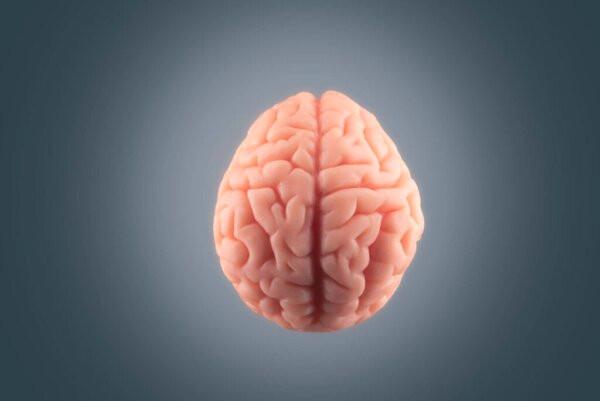Brain Asymmetry and Psychological Processes
Curated from: exploringyourmind.com
Ideas, facts & insights covering these topics:
7 ideas
·2.91K reads
21
Explore the World's Best Ideas
Join today and uncover 100+ curated journeys from 50+ topics. Unlock access to our mobile app with extensive features.
Brain asymmetry
Brain asymmetry defines a neurological peculiarity in which there are structural and functional differences between the two hemispheres. This affects many areas of human development. Not all people show the same anatomical shape of this organ. As a matter of fact, each human brain is unique and presents particular characteristics.
In 1864, the neurologist, Paul Broca, discovered that this functional asymmetry caused language to be located, to a greater degree, in the left hemisphere. Lateralization (being right-handed or left-handed) is linked to structural asymmetries of the cerebral cortex.
38
629 reads
The effects of neurological asymmetry
Cerebral asymmetry affects behavioral, cognitive, and psychological domains . The impact of this anatomical and functional characteristic is such that, a study conducted by the University of León (Spain), claims there’s a need to promote neuropsychology as a mechanism to better understand learning processes in humans.
Mental conditions such as schizophrenia reveal certain brain asymmetry in areas that mediate exhaustion and lack of initiative (apathy).
32
469 reads
Laterality
The asymmetry of the brain could explain why people are right or left-handed. However, according to an article published in the journal, PNAS, there seems to be a genetic trigger. It seems that, while being left-handed is associated with differences in brain asymmetry, the same happens in some regions linked to language, manual control, vision, and working memory.
While in right-handers, the left hemisphere controls the dominant right hand, in left-handers, it’s the opposite.
32
400 reads
Mental disorders and brain asymmetry
Cerebral asymmetry is a fundamental characteristic of the organization of the nervous system. It can create anatomical variations and alter the functioning of multiple neurological processes. Therefore, it’s not surprising that this biological peculiarity triggers a number of mental health problems.
32
375 reads
Common Disorders
- Attention deficit hyperactivity disorder
- ASD (autism spectrum disorder). Sufferers exhibit altered lateralized neurodevelopment. However, scientists highlight the need to carry out further research and reviews to reach clearer conclusions
- Theres a link between major depression and brain asymmetry. It claims there’s less activity in the left hemisphere and hyperactivity in the right frontal area
- A study claims patients with schizophrenia present greater asymmetry in their gray matter . This anomaly appears during a child’s neurodevelopment
31
349 reads
A favorite side to chew on and a favorite eye to look with
Curiously, the asymmetry of the brain makes us have a greater tendency to chew on one side and not the other. A study conducted by the University of Barcelona (Spain) states that this preference is the effect of lateralization and particularities in the neurological anatomy between the hemispheres.
Predilections have been found in the use of sensory organs such as the eyes , with the right being the preferred one in most cases. If you want to know what your preference is, try looking through a lock. Which eye do you automatically use?
34
342 reads
Do most creative people have any brain asymmetry?
We should clarify that creative thinking requires using a good part of both hemispheres. This cognitive process demands high doses of intuition and imagination, combined with logical analysis, reasoning, reading, and language.
The researchers discovered that the most creative people exhibit brain asymmetry linked to the functionality of dopamine. In fact, these individuals receive a lower level of this neurotransmitter in their right hemisphere. This allows them to combine remote and original concepts to shape innovative and effective ideas.
35
352 reads
IDEAS CURATED BY
Similar ideas
4 ideas
4 common but harmful myths about how your brain works
fastcompany.com
1 idea
Brain Basics: Know Your Brain
ninds.nih.gov
4 ideas
Brain Anatomy and How the Brain Works
hopkinsmedicine.org
Read & Learn
20x Faster
without
deepstash
with
deepstash
with
deepstash
Personalized microlearning
—
100+ Learning Journeys
—
Access to 200,000+ ideas
—
Access to the mobile app
—
Unlimited idea saving
—
—
Unlimited history
—
—
Unlimited listening to ideas
—
—
Downloading & offline access
—
—
Supercharge your mind with one idea per day
Enter your email and spend 1 minute every day to learn something new.
I agree to receive email updates
